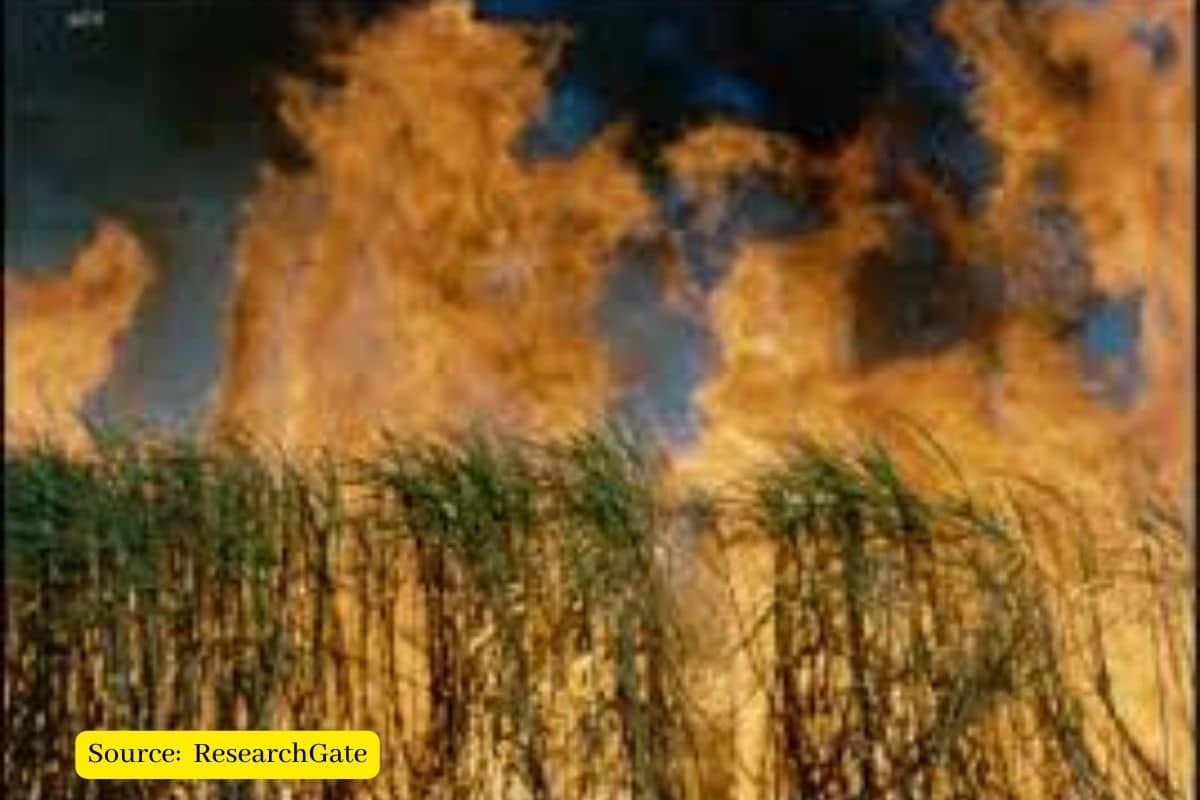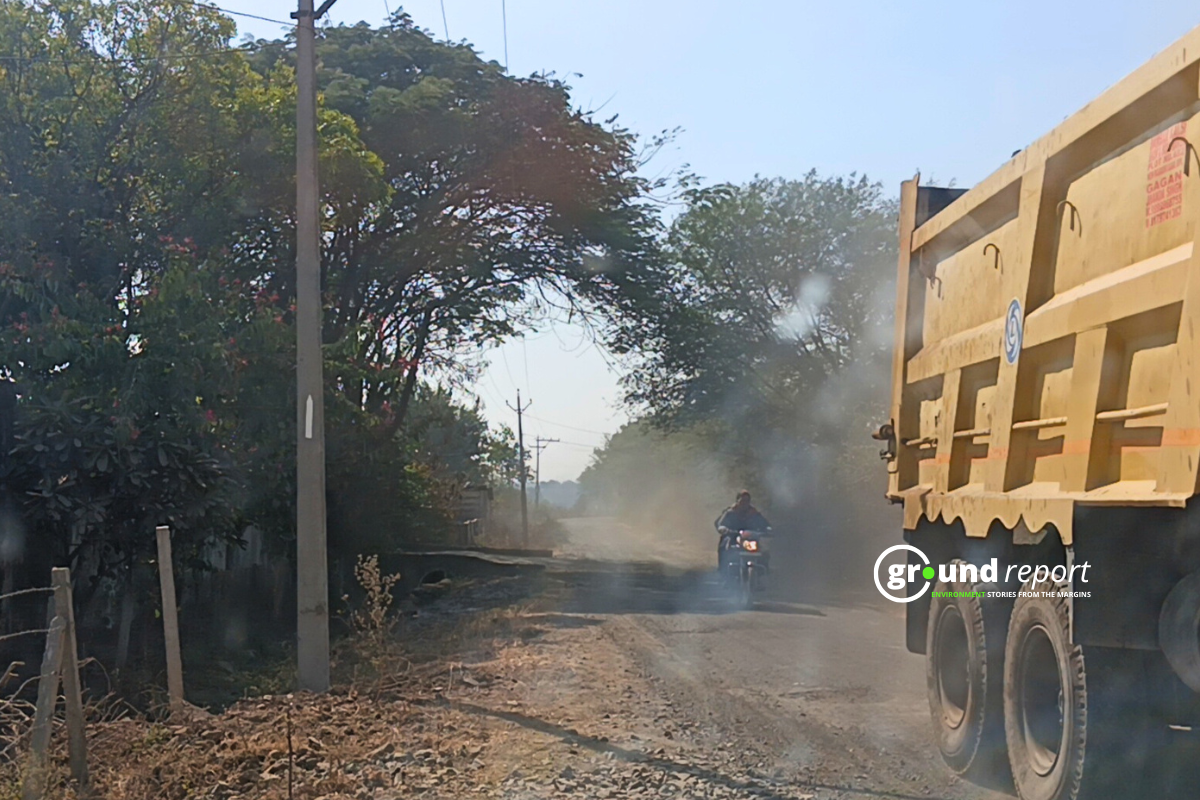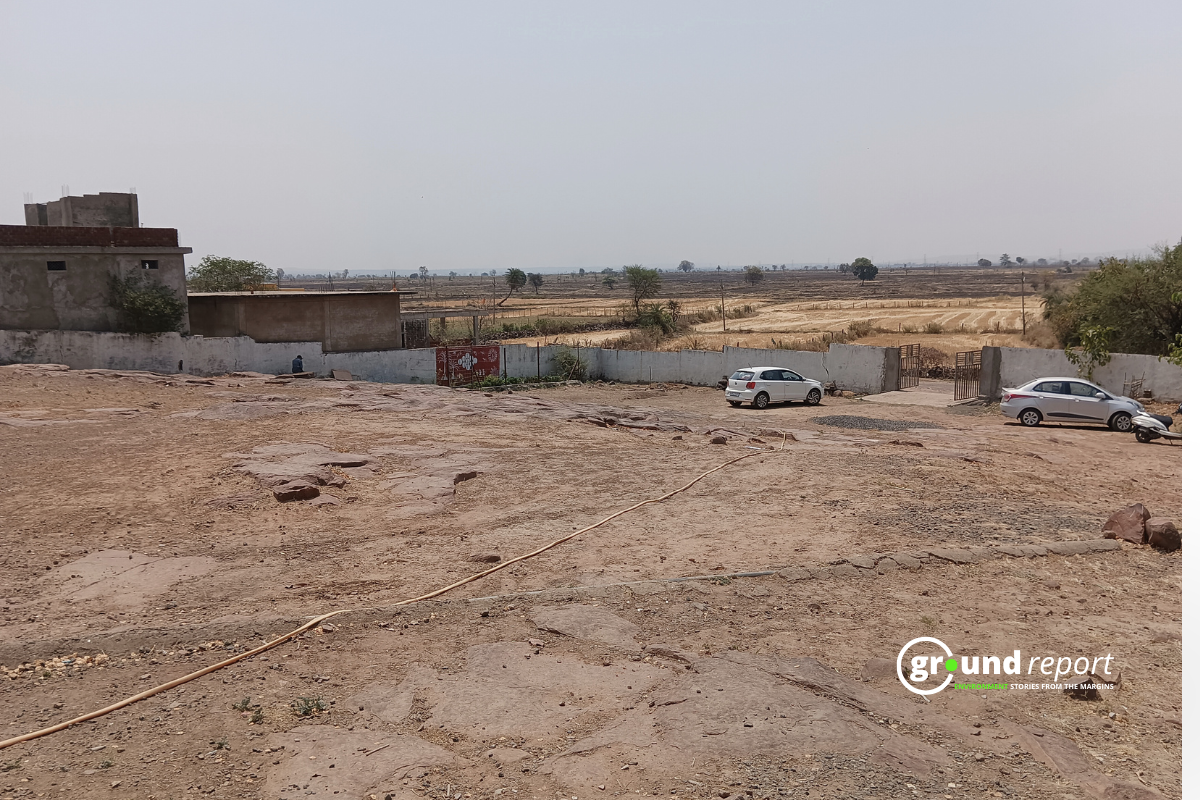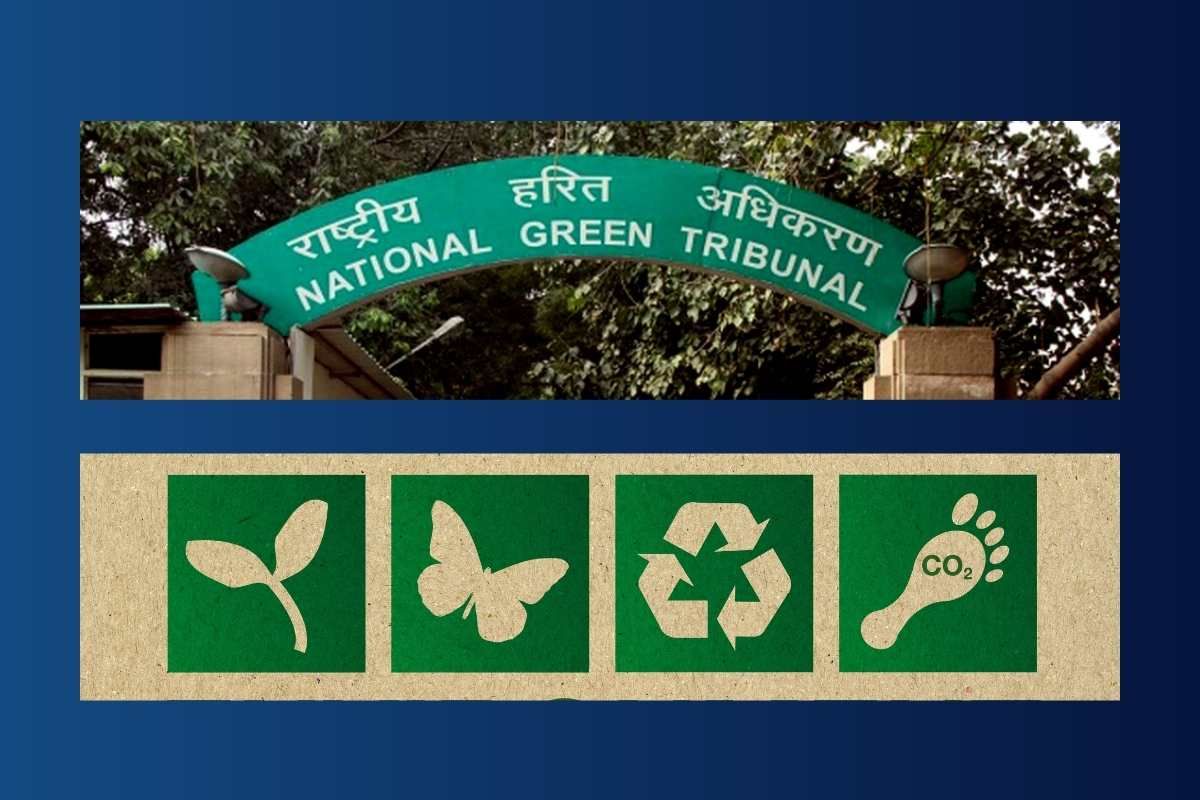Ethanol production that involves burning sugarcane fields before harvest produces air pollution that decreases the sustainability of the fuel, US researchers say.
Sugarcane ethanol causes air pollution
The study, published online this week in the journal Nature Climate Change, focused on Brazil, the world’s top producer of sugarcane ethanol and a potential source for US imports of the alternative fuel.
The scientists at the University of California, Merced, focused their study on Brazil, the world’s top producer of sugarcane ethanol and a potential source for US imports of the alternative fuel.
“There is a big strategic decision that our country and others are making, whether to develop a domestic biofuels industry or to import relatively inexpensive biofuels from developing countries,” Campbell said. “Our study shows that the importation of biofuels could cause environmental and human health problems in the regions where they are grown.”
Ethanol is seen as an alternative to fossil fuels, which emit greenhouse gases when used and contribute greatly to air pollution and climate change. But despite some governments encouraging farmers to reduce field burning, which is done in part to protect farmworkers by removing sharp leaves and vermin, more than half of the farmland in sugar cane in Brazil continues to burn.
Use of corn ethanol
Emissions of air pollutants from the production and combustion of biofuels can have significant impacts on climate and air quality. The change in vehicle emissions that would result from a large-scale conversion from gasoline to E85 (a blend of up to 85% ethanol with gasoline or another hydrocarbon) in the United States could have significant health consequences, increasing tropospheric ozone concentrations.
Monetization of the health and climate impacts of US ethanol emissions (fuel production and vehicle emissions) suggests that the use of corn ethanol has higher health costs than gasoline, while that cellulosic ethanol can reduce health costs compared to the use of gasoline.
Although some world governments encourage farmers to reduce field burning, more than half of Brazil’s sugarcane farmland is burned to remove sharp leaves and make harvesting easier, the researchers said.
That creates air quality issues that can offset ethanol’s benefits over petroleum-derived fuels, which emit more greenhouse gases during use, Campbell said.
“Unlike oil production, the potential to produce biofuels is relatively evenly distributed across many countries, and this is a huge advantage from an energy security perspective,” Campbell said. “However, agricultural practices in some regions result in biofuels that lead to even more intense air pollution than oil.”
Pollution by environmental ozone can pose risks to health and the environment. In addition to the environmental impact, according to Greenpeace’s bioenergy policies, the use of ethanol has brought a social impact to Brazil, denouncing that sugarcane would have to be produced within a framework of sustainable agriculture.
Why we are producing Sugarcane ethanol?
Ethanol is seen as an alternative to fossil fuels, which emit greenhouse gases when used and contribute greatly to air pollution and climate change. But despite some governments encouraging farmers to reduce field burning, which is done in part to protect farmworkers by removing sharp leaves and vermin, more than half of the farmland in sugar cane in Brazil continues to burn.
That leads to a reduction in air quality that may offset ethanol’s benefits over petroleum-derived fuels that emit more greenhouse gases during use, something Campbell said the US should consider when determining whether to import ethanol from the economy of Brazil or continues to invest in national corn production of ethanol.
ALSO READ
- India’s Evolving Role In Global Climate Change Dialogue
- International Solar Alliance, Explained!
- These Signs Show That The Earth Is Approaching A Climate Disaster
Follow Ground Report for Climate Change and Under-Reported issues in India. Connect with us on Facebook, Twitter, Koo App, Instagram, Whatsapp and YouTube. Write us on GReport2018@gmail.com.









